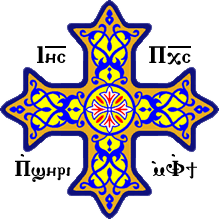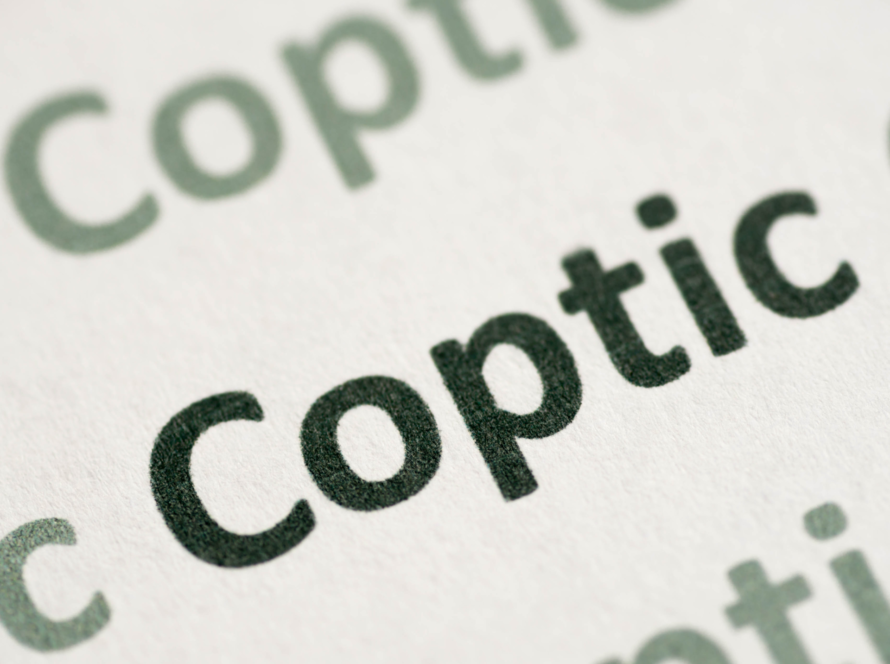The term “Coptic” is derived from the Greek “Aigyptos” meaning “Egyptian”. When the Arabs arrived in Egypt in the seventh century, they called the Egyptians “qibt”. Thus the Arabic word “qipt” came to mean both “Egyptians” and “Christians”.
The term “Orthodoxy” here refers to the preservation of the “Original Faith” by the Copts who, throughout the ages, defended the Old Creed against the numerous attacks aimed at it.
The Coptic Church was established in the name of Jesus Christ by St. Mark the Evangelist in the city of Alexandria around 43 A.D. The church adheres to the Nicene Creed. St. Athanasius (296-373 A.D.), the twentieth Pope of the Coptic Church effectively defended the Doctrine of Christ’s Divinity at the Council of Nicaea in 325 A.D. His affirmation of the doctrine earned him the title; “Father of Orthodoxy” and St. Athanasius “the Apostolic”.
The Coptic Orthodox Church believes that the Holy Trinity: God The Father, God The Son, and God The Holy Spirit, are equal to each other in one unity; and that Jesus Christ is the only Savior of the world. Less changes have taken place in the Coptic Church than in any other church whether in the ritual or doctrine aspects and that the succession of the Coptic Patriarchs, Bishops, priests and Deacons has been continuous.
The Coptic Orthodox Church recognizes the Seven Sacraments: Baptism, Confirmation, Holy Communion (Eucharist), Penance, Marriage, Unction of the Sick and Holy Orders.
The Copts pride themselves on the Apostolicity of their church and on the fact that Egypt is the only land in the world to be honored and blessed by the visit by the Holy Family. The Copts also pride themselves on their Egyptian saints, theologians and scholars, who are counted among the most distinguished figures of the Christian Churches such as Origen in 185 A.D.; St. Clement 211; St. Antony the Great 250; St. Pachomius 290; St. Athanasius 296; St. Macarius 300; St. Cyril 377 just to mention a few.
The Coptic Church has always felt a mandate to reconcile “semantic differences” between all Christian churches”. This is aptly expressed by H. H., Pope Shenouda III, Pope of Alexandria and Patriarch of the See of St. Mark when he said, “To the Coptic Church, faith is more important than anything. People must know that semantics and terminology are of little importance to us”.
Since the middle of the 20th century, the Coptic Church has played an important role in the ecumenical movement. The Coptic Church is one of the founders of the “World Council of Churches”. The Coptic Church is also a member of the African Council of Churches and the Middle East Council of Churches.
The number of the Coptic Church members in Egypt alone is approximately 10,000,000 members. There are around 1.5 million Coptic immigrants living in The United States, Canada, Australia, Europe, Africa and Asia.


